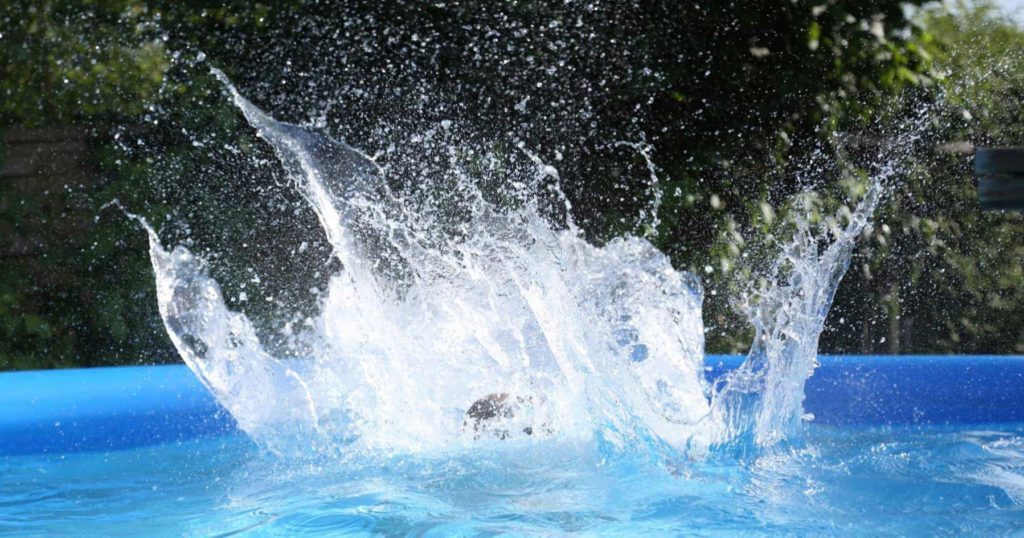Introducing children to pool activities and swimming at an early age is not only a fun way to spend time, but it also offers numerous benefits that can contribute to their overall development.
From fostering physical and cognitive growth to promoting safety and social skills, early exposure to playing in water can set the foundation for a lifetime.

Let’s explore the various advantages of playing in pool activities from a young age and how these experiences can positively impact their lives.
Physical Development & Emotional Well-Being
Most pool games involve some aspect of swimming in the water. Swimming is a full-body workout that can help in improving overall fitness.
According to the National Library of Medicine, swimming has been shown to increase flexibility and muscular strength, decrease depression, improve mood, and improve cardiovascular fitness and agility.
People who do more aquatic activities also have greater enjoyment and can exercise longer compared to exercising on land.
Safety and Drowning Prevention
The American Academy of Pediatrics (AAP) says that drowning is the single leading cause of injury death for children ages 1 to 4.
Teaching children to swim at an early age can significantly reduce drowning by helping them become more comfortable and skilled in the water.
There are even survival swimming techniques for toddlers that teach them how to roll on their backs to a safe position until they can be rescued.
“Research shows that formal swim lessons for children age 1 and older reduce the risk of drowning. Swim lessons are an important layer of protection to prevent drowning,” says Sarah Denny, MD, FAAP, the lead author of AAP guidance on “Prevention of Drowning.”
Cognitive Development & Social Skills
Swimming in the pool has been linked to improved cognitive skills such as problem-solving, concentration, and memory.
Interaction with peers and instructors during pool activities can also help children develop important social skills, including communication, cooperation, and empathy
Engaging in pool games and activities with friends and peers can further enhance these skills.
Confidence and Self-Esteem
As children learn new swimming skills and participate in different pool games and activities, their confidence and self-esteem can increase.
Meeting new friends and interacting with different people are big confidence boosters
Overall, pool activities can be a great source of fun and enjoyment for kids, promoting a positive attitude towards physical activity and exercise.
Family Bonding
Families with swimming pools know how much fun a pool day in the hot sun can be. There are countless hours and memories built over the swimming season.
Pool games and activities can be enjoyed by the whole family, offering these opportunities of quality time, bonding, and shared memories.
Swimming is a Lifelong Skill
By introducing kids to the joys of water play at a young age, parents and caregivers can set the stage for a lifetime of health, happiness, and well-rounded development.
So, go ahead and dive into the wonderful world of pool games, and watch as your child thrives in the water and beyond!
